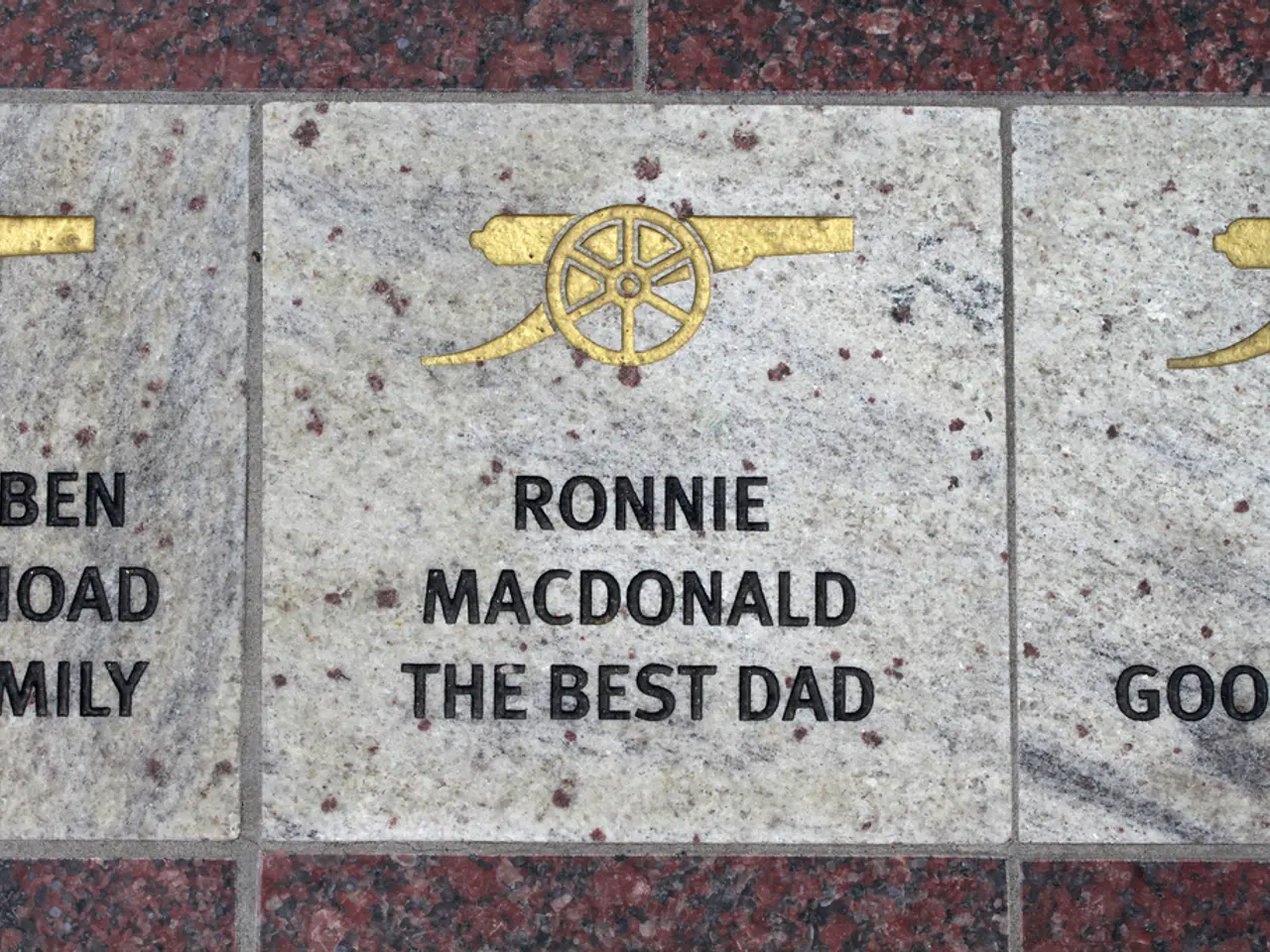US President Jimmy Carter, at 100 years old, passes away, making him the oldest American president in history.
Jimmy Carter: A Life Dedicated to Peace, Human Rights, and Humanitarian Causes
Jimmy Carter, the 39th President of the United States, has left an indelible mark on history, not just for his four-year tenure in the White House, but also for his exemplary post-presidential life dedicated to humanitarian causes.
During his presidency (1977-1981), Carter emphasized human rights as a cornerstone of U.S. foreign policy, significantly shifting American diplomacy to promote democracy and protect human rights worldwide. He pursued strategic arms limitation talks (SALT II) to reduce nuclear threats and was pivotal in brokering the Camp David Accords, leading to a peace treaty between Egypt and Israel—a landmark Middle East peace initiative. Carter was also an early advocate for LGBTQ rights, pledging to sign legislation prohibiting discrimination based on sexual orientation and engaging with the gay community in ways previous presidents had not.
After leaving office, Carter and his wife Rosalynn established the Carter Center, a non-governmental organization dedicated to advancing human rights, supporting free and fair elections, and promoting disease prevention and eradication in developing countries. Jimmy Carter also became deeply involved with Habitat for Humanity, helping build homes for those in need, reflecting his ongoing humanitarian commitment. He traveled extensively to monitor elections and advocate for democracy globally, and he has been a vocal figure regarding peace and human rights issues, including the Palestinian conflict.
Carter’s work post-presidency earned him wide respect and recognition from a range of leaders, highlighting his lasting legacy in promoting peace, democracy, and humanitarian causes. The Carter Center has been involved in election monitoring in developing nations, and Carter's life is honored as one devoted to making the world a better place for all.
Carter's legacy is one of resilience and dedication to service. His ability to navigate complex international issues and advocate for peace has inspired countless individuals and organizations worldwide. Jimmy Carter famously stated, "If I ever lie to you, if I ever make a misleading statement, don't vote for me." This commitment to truthfulness and transparency was evident throughout his presidency and continues to be a hallmark of his post-presidential life.
In 2002, Carter was awarded the Nobel Peace Prize for his extensive humanitarian work. His life was a testament to public service, humanitarian efforts, and a commitment to peace that spanned decades and had a lasting impact on the world. Carter passed away at the age of 100 on December 29, 2024, making him the oldest U.S. president in history.
Major Accomplishments
| Phase | Major Accomplishments | |--------------------|-------------------------------------------------------------------------------------------------------| | Presidency | Human rights focus in foreign policy, Camp David peace accords, SALT II arms negotiations, LGBTQ rights advocacy | | Post-Presidency | Founded Carter Center, election monitoring, disease eradication efforts, Habitat for Humanity involvement, ongoing peace advocacy |
- While post-presidential life saw Jimmy Carter prioritizing education-and-self-development and personal-growth through the establishment of the Carter Center and Habitat for Humanity, his work also extended to policy-and-legislation, advocating for LGBTQ rights and legislation prohibiting discrimination.
- In the realm of politics, Carter's stance on peace and human rights issues, particularly the Palestinian conflict, earned him wide respect globally and set an example for career-development in public service.
- Beyond politics, Jimmy Carter's dedication to humanitarian causes and peace extends to general-news coverage, with his involvement in election monitoring in developing nations and advocacy for democracy, a topic of ongoing interest in the crime-and-justice discourse.
- The sports sector recognizes Carter's resilience and dedication to service, impacting movements like sports-betting that strive for transparency and fair play, echoing Carter's commitment to truthfulness.
- Carter's legacy, marked by the Nobel Peace Prize in 2002 for his extensive humanitarian work, transcends war-and-conflicts and continues to inspire individuals and organizations globally to strive for peace and humanitarian causes, encapsulating a lifetime of impactful contributions to society.




